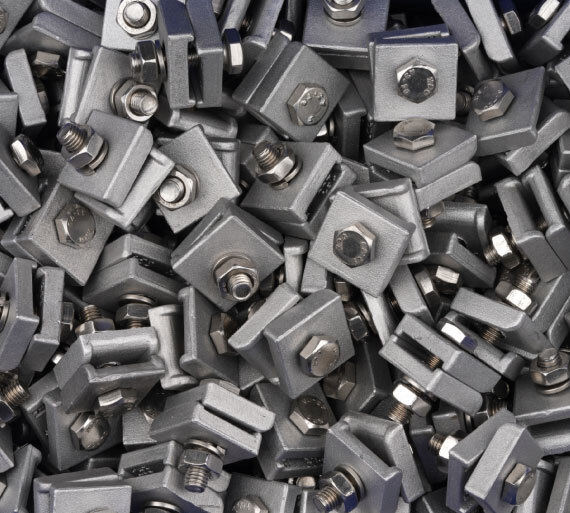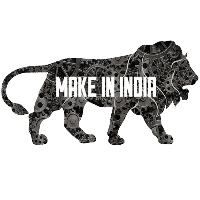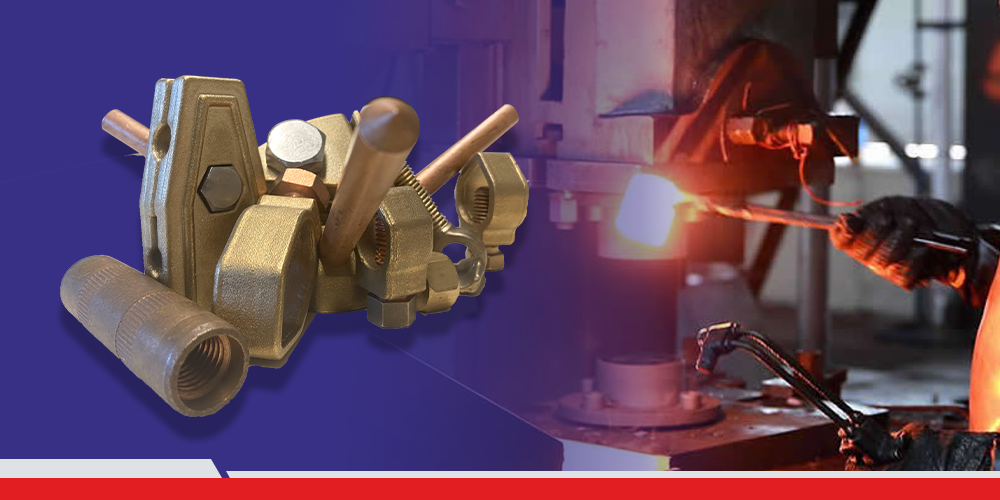Sales Inquiry
Aluminium Forgings

What is Forging?
Forging is a process which is done to obtain a desired form or configuration specified in a metal processing design. Metal is shaped, deformed, and compressed during this process.
The forging procedure can be finished using either hot forging or cold forging procedures, depending on the type of metal and the needs of the design.
For more benefits of forging, visit us at:
https://www.iqsengg.com/services#forging
Properties of Aluminium metal:
Despite being lightweight and flexible, aluminium is incredibly robust and rust- and corrosion-resistant. It is typically alloyed with other metals to improve its inherent qualities. Aluminium’s capacity to be continuously recycled without losing any of its properties or traits is one of its key advantages.
Aluminium forging can be used to substitute any product that can be forged from low carbon steel. Since safety parts make up the majority of forged aluminium components and because they are produced in huge volumes, there is a strong demand for internal aluminium material quality.
Benefits of Aluminium Forging:
1. Because of their fine and homogeneous internal organisation, aluminium forging alloys may be forged into a variety of shapes with little to no machining, which can significantly reduce labour costs and manufacturing time.
2. The forgings made of aluminium have good heat/thermal conductivity.
3. Forged aluminium components have high density, and no loose, pinhole, or air holes on the surface.
Forgings made of aluminium are lightweight, strong, robust, and have excellent fatigue and corrosion resistance.
Visit us at:
https://www.iqsengg.com/aluminium-forging
Forging Aluminium Alloys:
Due to its low melting point, aluminium is forged at a far lower temperature than any other common metal. Typical forging temperatures range from 775-875°F.
The billet material is subjected to some deformation operation (cogging, rolling, or extrusion) for the majority of forging applications in order to dissolve the cast grain structure. With aluminium, continuous-cast billets are more common.
Because they are highly sensitive to strain rates, aluminium alloys are often forged using hydraulic presses. Ram speeds are generally on the slow side, with 1 inch/second or less. For net-shape/precision forgings, isothermal tooling and low strain rates are the norm. The tooling temperature is within 250°F of the workpiece temperature.
Aluminium alloys are forged into exceedingly complicated forms because of the low flow stress and high ductility of aluminium.
Finish-forged aluminium components in high volume are frequently flawless. Low-volume components (often aerospace) are forged using the final tooling, to remove flaws, then coined to size using the same tooling.
High-volume parts such as automotive, are promptly heat treated on automated lines after forging. Air cooling is utilised for one-of-a-kind components, including some employed in the aerospace sector. To manage size and residual stress in crucial applications, coining engages in post-forging cold work.
Aluminium alloys can be strengthened by 2 methods-
1. Work Hardening- The aluminium alloy experiences work hardening when deformed at room temperature in order to boost strength. After the shape has been produced by forging, the majority of forged components won't undergo any noticeable deformation. So work hardening doesn’t make any sense to be used after forging is completed.
2. Precipitation Hardening- It is a low-temperature heat treatment method that uses alloying components like titanium and aluminium. It results in higher yield strength as well as improved corrosion resistance.
Precipitation hardening takes place in three steps:
a) Solution Annealing
b) Quenching
c) Aging
Annealing makes a metal more malleable and ductile by decreasing its hardness to make the metal more workable. In this process, the metal is heated above its recrystallization temperature and remains in that condition while it is being worked.
Quenching: By quickly cooling the heated metal and changing its molecular structure and hardness, quenching enhances a metal's performance.
Aging: Metal ageing is a solution heat-treated metal alloys process. It is done to ensure that after a certain amount of time, the alloy's components won't revert to their original configuration.
Applications:
Aluminium forgings especially have weight-sensitive applications.
1. Automotive components- In places like wheel spindles, axle beams, and steering arms that experience shock, tension, and impact, forged parts are primarily used because of their durability and longevity.
2. Aerospace- Special alloys are developed with the durability and weight to suit the performance requirements of aircraft applications in order to make safe and dependable aircraft. The durability and strength of forged parts make them imperative in the process of making aircraft.
3. Sporting Goods- bicycles, hiking equipment etc
4. Lightweight Consumer Items- walkers, strollers, wheelchairs etc
5. Weapons- The majority of times when guns are used, they must resist the demanding conditions and environment; hence, they must be tough and sturdy. Forged pieces are the foundation of high-performance weaponry because of these factors.
To learn about the services offered by IQS visit us at:
Sustainability through Aluminium:
Sustainabilityis an integral part of iQS Engineering Solutions’ enterprise method and development.
Due to its excellent strength-to-weight ratio, long lifespan, resistance to corrosion, and ability to be melted down and reformed without losing quality, aluminium is frequently referred to as the "green metal.” Without sacrificing quality, aluminium can be recycled indefinitely using just 5% of the energy used to create the metal initially.
The demand for aluminium is expected to
Please refer to these links to understand us better:
https://www.iqsengg.com/blog/manufacturing-excellence-in-the-non-ferrous-cast-and-forged-world
https://www.iqsengg.com/sustainability
So, join hands with IQS and help your company as well as the environment!
Key Words:
Forging, Billet, Cast-Grain, Tooling Temperature, Annealing, Quenching, Aging, Sustainability






